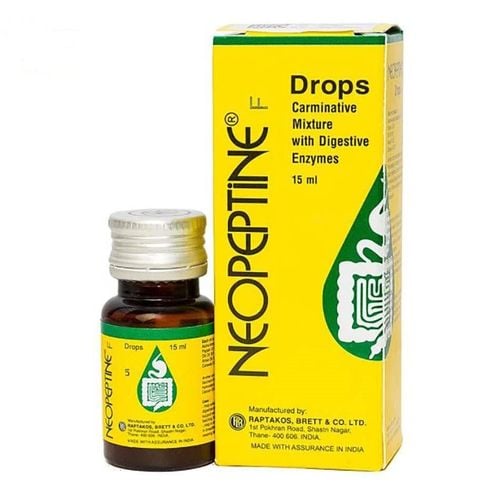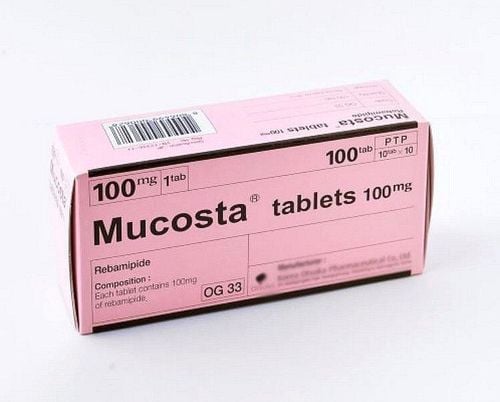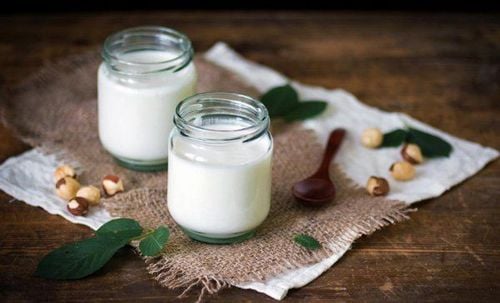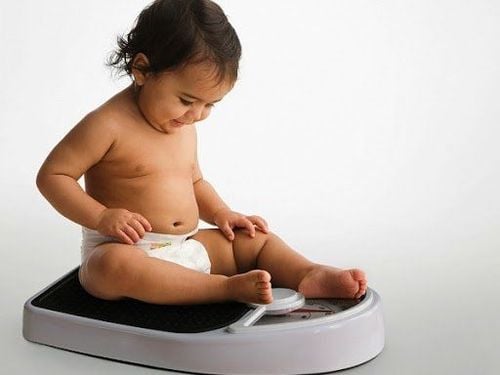The color and smell of a baby's stool are among the signs that reflect the baby's health and growth status. If a baby's stool has a sour smell, it could be a normal health symptom or a sign of various conditions that parents need to be aware of. Let's explore the causes of sour-smelling stool in babies through the article below.
1. Symptoms of sour-smelling stool in babies
For newborns, it is common to have sour-smelling, loose, and seedy stools. If the stool only has a mild sour smell and no other abnormal symptoms, parents do not need to worry too much. The cause could be the baby's immature digestive system, which has not yet fully absorbed nutrients, leading to sour-smelling stool. However, parents should take the baby to a medical facility for an accurate diagnosis if the baby has sour-smelling, loose stools combined with the following symptoms:
The baby has loose stools for about 24 hours.
The baby has frequent bowel movements with blood in the stool.
The baby has a fever, vomiting, abdominal pain, pallor, fatigue, and irritability.

2. Causes of sour-smelling stool in babies
Sour-smelling stool in babies can be due to the following reasons:
2.1. Poor nutrient absorption
The baby's body may not absorb the nutrients provided, leading to excess sugar and nutrients that irritate the stomach and create conditions for harmful microorganisms to develop. The cause of poor nutrient absorption could be the immature digestive system or a lack of enzymes to break down lactose from breast milk or formula.
Some conditions such as neonatal intestinal infections, parasitic infections, and digestive disorders can also cause sour-smelling stool in newborns.
2.2. Imbalance of gut microbiota
The gut microbiota, also known as beneficial bacteria, helps stabilize the body's digestive system. Babies born vaginally receive beneficial bacteria from the mother during birth, which helps quickly establish a balanced gut microbiota. In contrast, babies born via cesarean section do not have the opportunity to receive these beneficial bacteria, making their gut microbiota more prone to imbalance, allowing harmful microorganisms to develop and cause sour-smelling stool.
Additionally, antibiotic treatment can also disrupt the gut microbiota balance, leading to sour-smelling, loose stools.
2.3. Crohn's disease
Crohn's disease is a chronic inflammatory bowel disease that can occur in children, causing inflammation and irritation at any location in the digestive tract. This condition hinders nutrient absorption, leading to sour-smelling stool combined with symptoms such as:
Frequent loose stools with blood.
Abdominal pain, discomfort, and frequent crying.
Weight loss, fatigue, poor appetite, fever, and vomiting.
If not treated promptly and correctly, Crohn's disease can severely affect nutrient absorption, causing slow weight gain, malnutrition, and delayed achievement of important developmental milestones.
2.4. Cystic fibrosis
Cystic fibrosis is a genetic disorder that causes thick mucus and digestive fluids to block the lungs and digestive tract. In newborns with cystic fibrosis, thick digestive fluids hinder the movement of pancreatic enzymes to the small intestine to break down and absorb nutrients from food, leading to digestive symptoms, including sour-smelling stool.

3. What to do when a baby has sour-smelling stool?
If a baby has sour-smelling stool, parents should closely observe other signs. If the baby shows any abnormal symptoms, parents should take the baby to a medical facility as soon as possible for diagnosis and appropriate treatment.
Some tips to help parents manage and overcome sour-smelling stool in babies include:
If the baby is exclusively breastfed, the mother should pay attention to her diet and nutrition, such as eating more green vegetables, yogurt, fruits, and protein-rich foods (fish, meat). Additionally, the mother should limit oily, spicy foods and reduce the amount of starch and sugar in her daily diet.
If the baby is formula-fed, the sour-smelling stool may occur in the first 2-3 days of using the formula due to the baby's unfamiliarity with the ingredients. If the condition does not improve, parents should consider switching to a different formula.
Maintain good hygiene in daily activities and eating for both the mother and the baby to minimize the risk of digestive disorders.
If the sour-smelling stool is due to an imbalance of gut microbiota, parents should consult a doctor about supplementing the baby with probiotics.
To ensure the baby's health, if the baby has sour-smelling stool, parents should take the baby to a medical facility for a check-up and appropriate advice.
To arrange an appointment, please call HOTLINE or make your reservation directly HERE. You may also download the MyVinmec app to schedule appointments faster and manage your reservations more conveniently.













